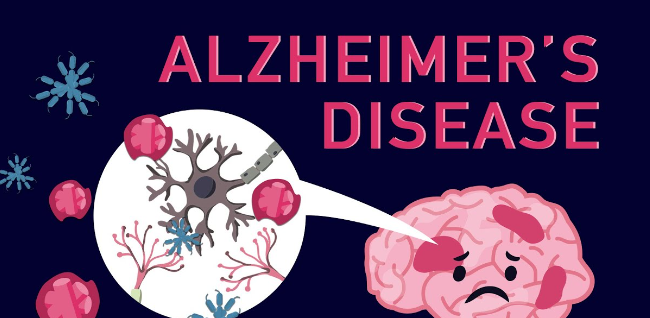For those newly diagnosed with Alzheimer’s disease and their loved ones, here’s what you should know.
Alzheimer’s disease, the most common cause of dementia in the U.S., afflicts an estimated 5.8 million Americans, according to the Alzheimer’s Association, and that number is only projected to grow.
A difficult diagnosis for any individual and their loved ones, progressive brain disorder “slowly destroys memory and thinking skills and eventually the ability to carry out the simplest tasks,” the National Institute on Aging notes.
Also read: Psoriasis : A Patient’s Guide To Psoriasis And Its Symptoms
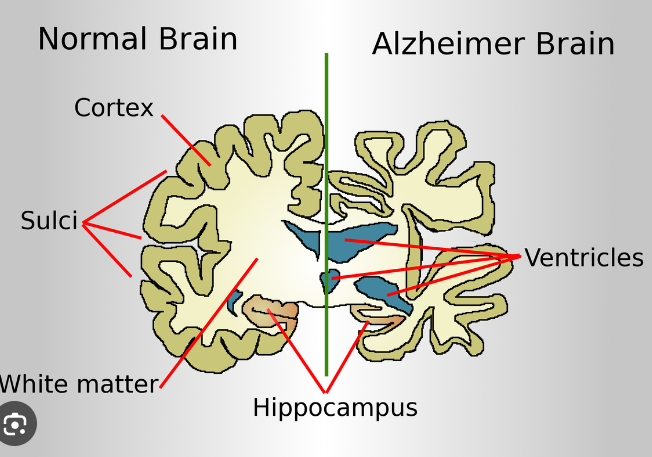
Dr. Alois Alzheimer gave the illness its name when he initially observed abnormal clumps in the brain in 1906. These clumps are now known as amyloid plaques, which are protein aggregates that are a defining feature of Alzheimer’s disease. According to the NIA details, he found these alterations in the brain tissue of a deceased woman who had suffered from symptoms like memory loss, language difficulties, and erratic behavior.
The neurologic changes that underlie Alzheimer’s disease—such as the emergence of tangled fiber bundles known as tau tangles, a loss of nerve cell connections, and the shrinking of brain tissue as the disease progresses—cannot currently be reversed, despite continuous research aimed at improving treatment options.
Causes Alzheimer’s disease
Alzheimer’s disease is becoming more common in the United States as the population ages. The Alzheimer’s Association projects that by 2050, there will be close to 14 million people with the illness.
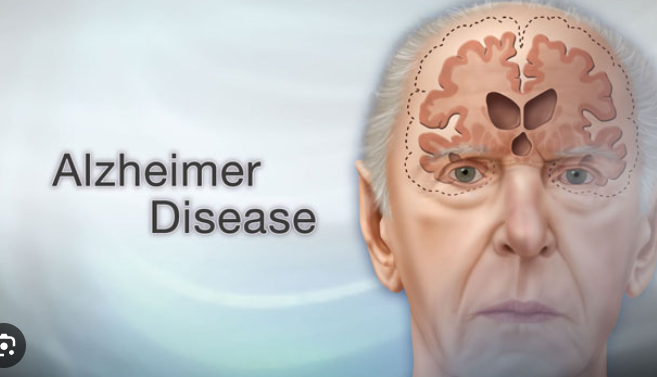
“The primary risk factor is advanced age,” states Dr. Jeffrey Kaye, who is the director of the Layton Aging and Alzheimer’s Disease Center at Oregon Health & Science University in Portland and a professor of neurology and biomedical engineering. According to Kaye, most individuals with Alzheimer’s and those most at risk for the illness are over 80. Nonetheless, roughly 200,000 people under 65 have early-onset or younger-onset Alzheimer’s disease, making up a sizable minority.
One’s susceptibility to Alzheimer’s disease may also be influenced by genetics or a family history of the illness. An individual’s risk of developing Alzheimer’s disease is increased by having a specific form of the Apolipoprotein E, or APOE, gene, specifically APOE e4. However, having this allele does not guarantee the development of the disease.
There are a few modifiable factors that can influence a person’s risk of developing Alzheimer’s disease, in addition to age and genetics. According to preliminary data, these may include obesity, diabetes, heart disease, and other metabolic and cardiovascular diseases, as well as a sedentary lifestyle or infrequent exercise.
Signs and symptoms
A person may have Alzheimer’s disease or another type of dementia if they exhibit certain classic symptoms as well as more subdued early indicators. The Alzheimer’s Association advises making a doctor’s appointment if you experience any of the following symptoms or signs:
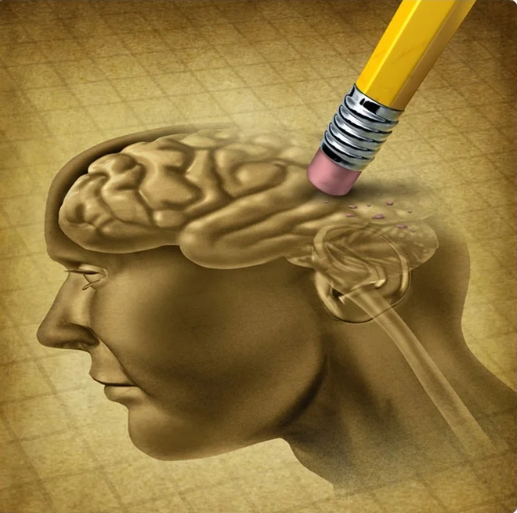
- Disruptive forgetfulness or memory loss.
- Challenges related to changes in one’s ability to plan or problem-solve
- Difficulty performing familiar tasks.
- Confusion with time or place, e.g., losing track of dates or forgetting how you got somewhere
- Difficulty understanding visual images and spatial relations, like reading or judging distance.
- Problems with language—speaking or writing—such as difficulty engaging in conversation
- I misplaced items and can’t retrace steps.
- A decline in judgment or poor judgment, such as in money matters,
- Withdrawal: pulling back from work or hobbies or avoiding being social.
- Changes in mood (becoming depressed) or personality (becoming confused or anxious)
Diagnosis
As with the original discovery of Alzheimer’s, the most reliable way to determine if a person has the disease is to still evaluate the brain after an individual has died. “The gold standard for diagnosing Alzheimer’s is taking a look at a piece of the brain under the microscope postmortem,” says Dr. Chadwick Hales, an assistant professor of neurology at Emory University School of Medicine and a neurologist at Emory Brain Health Center in Atlanta. “But there are some tests you can do on living people,” he says.
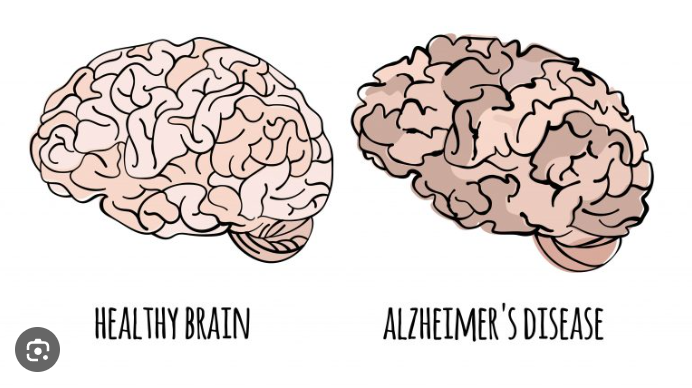
While it can sometimes be difficult to make distinctions between certain types of dementia, Alzheimer’s can usually be diagnosed today with a very high degree of certainty by an experienced clinician. And a proper diagnosis is key to moving forward, experts say.
For those searching for an “Alzheimer’s test,” analysis for probable disease is typically more involved.
One commonly used test is an amyloid imaging study that involves scanning the brain for the telltale presence of amyloid in the brain. “The interesting thing about some of these changes is that they can actually occur many years prior to becoming symptomatic,” Hales says. So for someone who is showing some signs or symptoms, this can be used to confirm that Alzheimer’s disease is the cause.
Treatment
Determining the dementia’s stage is crucial, according to Tan, in addition to making a diagnosis. Since it’s essential to managing Alzheimer’s disease and setting expectations, this should be discussed as the disease progresses.
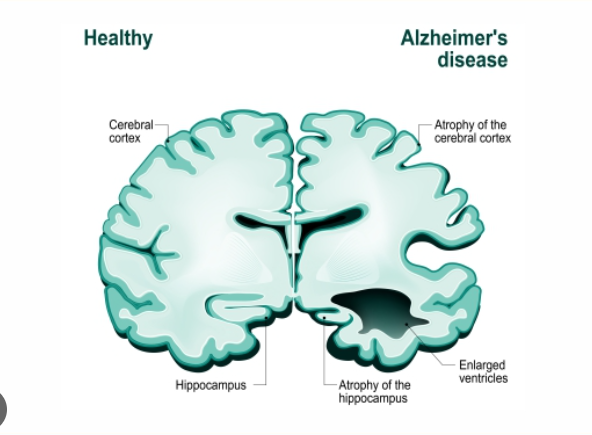
For example, social isolation and depression risk may be more problematic for those with early-stage or mild dementia. Even when a person is still relatively independent, memory problems or challenges with specific social engagement aspects may start to affect their life. It is important to know and discuss whether a person has a late-stage, severe disease or is still in the early stages of the disease in order to proceed. According to Tan, “there are unique challenges associated with each stage.” Additionally, the family and patient must be able to expect them.
Given that, to date, there is no cure for Alzheimer’s, the focus is on treating or managing symptoms to the extent that’s currently possible. “So if you’re talking about cognitive symptoms—i.e., forgetfulness, things like that—unfortunately, our armamentarium is limited,” Tan says. Two Alzheimer’s drugs prescribed for that, donepezil and memantine, may help with memory and awareness, though response to the medications is highly variable, Hales notes. “Some patients see a nice boost; some patients just see kind of a plateauing of their symptoms, and then some patients don’t feel that it helps them at all.”
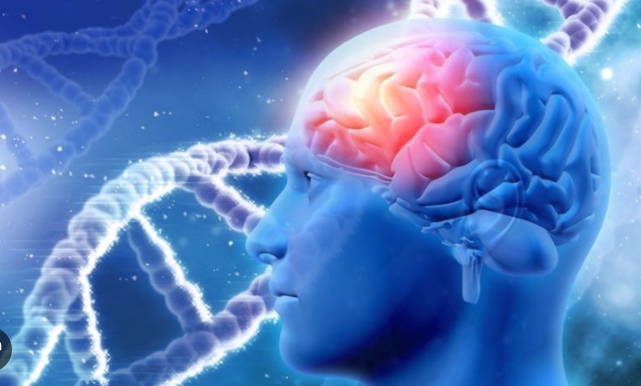
Besides medication for cognitive symptoms, people with dementia more commonly struggle with depression, and treatment of that with antidepressants may be recommended for those individuals. More difficult to treat are psychotic symptoms that can arise as Alzheimer’s disease progresses, such as hallucinations, delusions, and paranoia. “That gets trickier because those types of symptoms are difficult to treat,” Tan says.
Also read-Blood Cancers : A Patient’s Guide to Blood Cancers And Its Symptoms
images source: Google
Disclaimer: The opinions and suggestions expressed in this article are solely those of the individual analysts. These are not the opinions of HNN. For more, please consult with your doctor.







